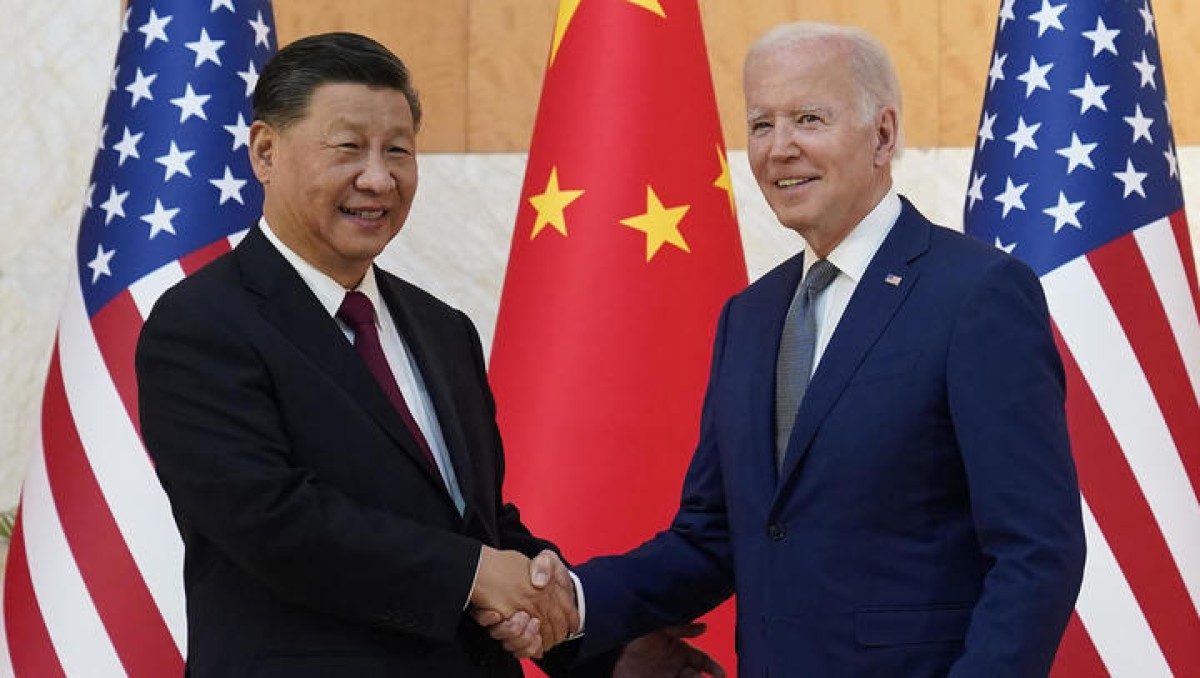 111
111
BRUSSELS-China and the United States have never completely stopped interacting on climate change issues. Frans Timmermans, first deputy head of the European Commission, insists on this. “There has never been a complete breakdown (dialogue-“profile”) in the climate field,” Timmermans assured. And although, according to him, there were no official negotiations, informal contacts were maintained by the U.S. president’s special representative for climate issues, John Kerry, writes Foreign Policy.
Frans Timmermans also stressed that the EU has not stopped “an intensive dialogue with China.” Accordingly, he responded to the reporter’s question about what European officials are doing to ensure that climate cooperation between the two states, which account for 40 percent of the world’s emissions, is not interrupted.
Timmermans noted that the desire of China and the United States to restore bilateral climate relations is because the parties understand that any political challenge outweighs climate concerns. “It’s about the survival of humanity,” he said. The first deputy head of the EC pointed out that for the first time in this era all world leaders, even if extremely hostile toward each other, understand that it is better to act together.
The conflict over Taiwan is intensifying. After the Russian invasion of Ukraine, concerns are growing about another major war in which, this time, the two nuclear powers China and the USA could clash directly. Diplomats in Beijing fear it could come sooner rather than later.
Senior U.S. military officials so far view an attack by China on the island 130 kilometers off the Chinese mainland as far too risky for Beijing. But the way China, the U.S. and Taiwan have handled their differences for decades is becoming less and less in line with reality – the risk of a confrontation between the major powers is rising.
“Both countries are engaged in an escalating exchange of provocative military and diplomatic actions around Taiwan – and there is a growing sense in both capitals that war over Taiwan may be inevitable,” warned The Nation political magazine, for example. The Pentagon expects China to continue to increase military pressure to force Taiwan to reunify.
The simmering dispute over the small island republic has escalated dangerously. Since U.S. top leader Nancy Pelosi became the highest-ranking American in decades to travel to Taiwan in August, China has kept up its pressure with aircraft and warships. U.S. President Joe Biden pledged military support, including U.S. troops, in the event of a Chinese attack.
And German Economy Minister Robert Habeck said his ministry expects China to annex Taiwan no later than 2027, the 100th founding year of the People’s Liberation Army, according to a report. Relations between China and the USA at a low point – also because of Taiwan
Actually, the so-called strategic ambiguity applied here so far, with which the USA wanted to leave exactly this question open. To make the confusion – deliberately? – perfect, the White House rowed back again and tried to capture Biden’s statements: Nothing had changed in U.S. policy toward China.
Apparently in an effort to cool tempers, Biden recently expressed his conviction that China’s threatening gestures at least did not indicate an “imminent” attempt to invade Taiwan. On the sidelines of the G20 summit on the Indonesian island of Bali, the U.S. president met with China’s leader Xi Jinping. It was the first face-to-face meeting since Biden took office nearly two years ago. Relations are at a low point, partly because of Taiwan.
Comment
Post a comment for this article